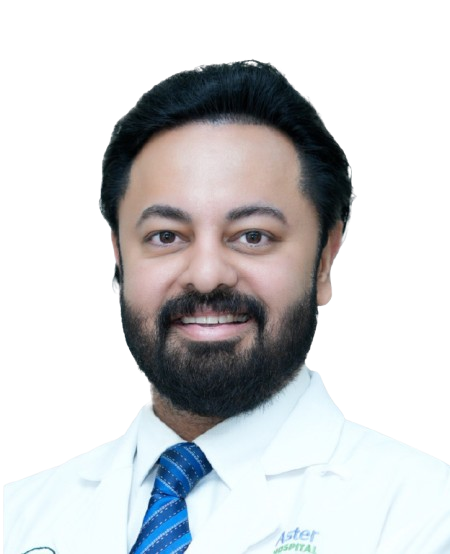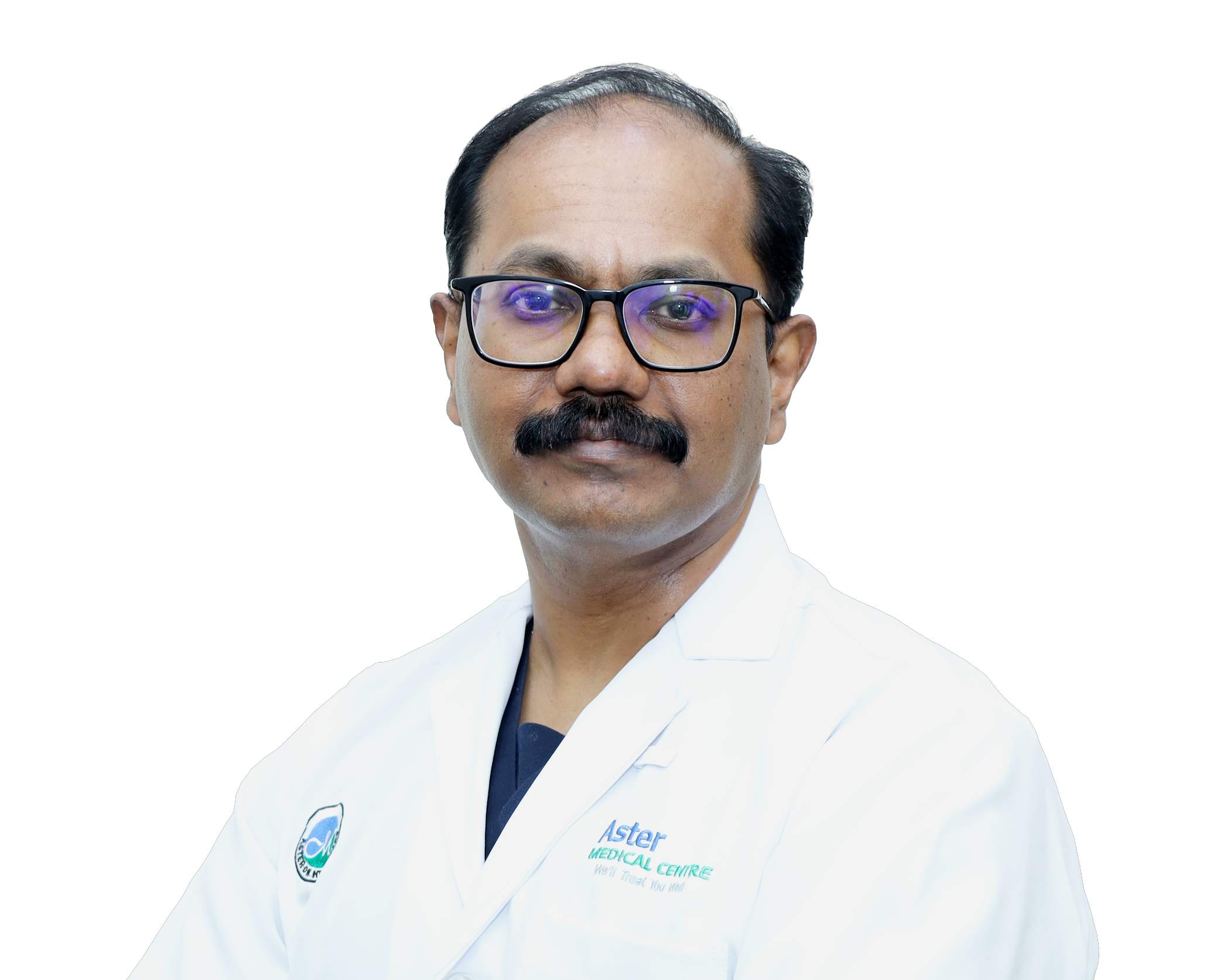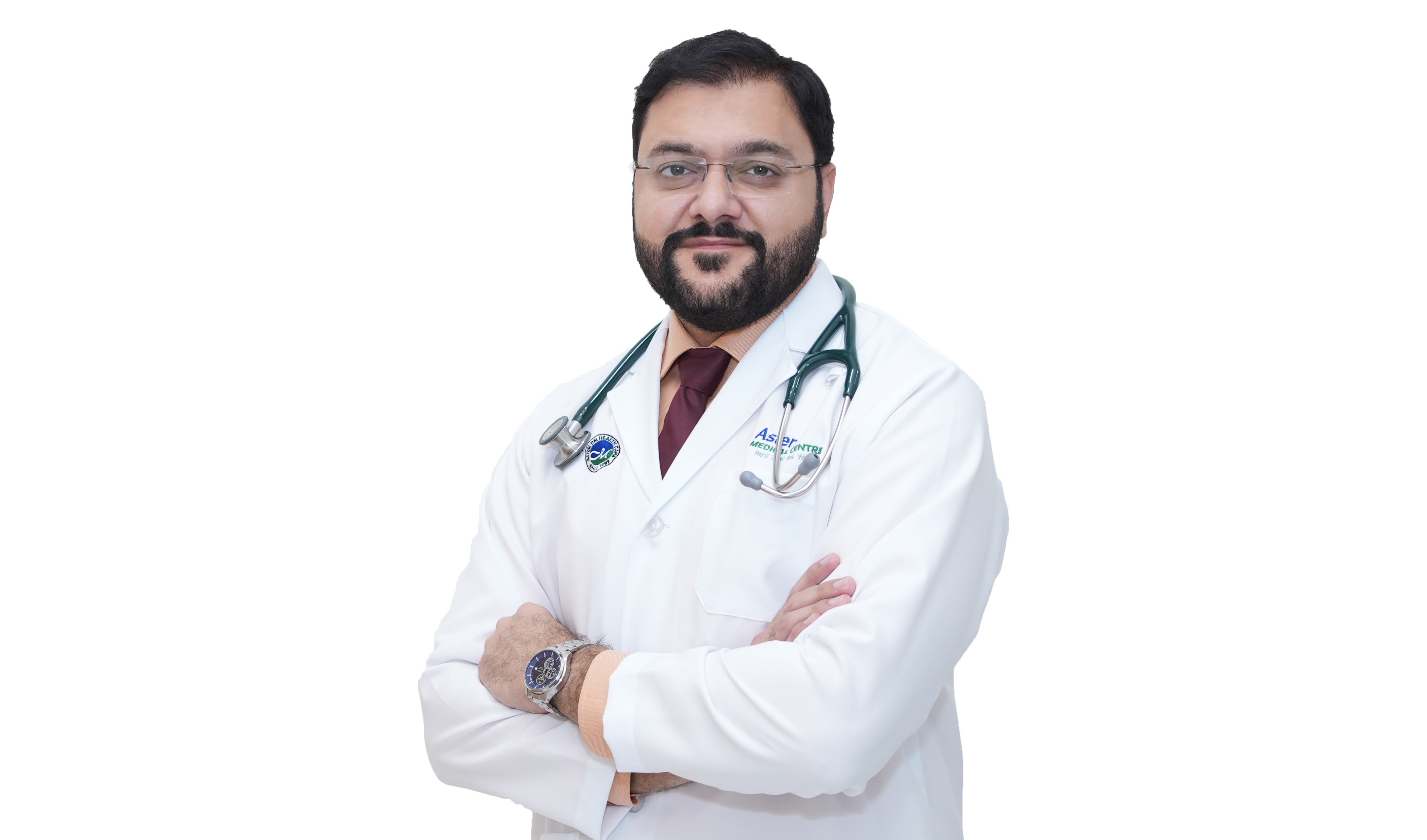Overview
A medical specialty that engages with various heart disorders and their diagnosis and treatments, known as Cardiology. The one who specializes in cardiology is recognized as a Cardiologist.
Cardiology deals with the heart and cardiovascular diseases ranging from congenital heart disease to acquired heart diseases such as Arrhythmia, Cardiomyopathy, Coronary Artery Disease, Heart failure, Cardiac arrest, etc.
Cardiac Surgery, Interventional Cardiology, Electrophysiology, Clinical and Preventive Cardiology are Sub-specialties of Cardiology.
- Cardiac or Cardiovascular Surgery is performed by cardiac surgeons. It involves Open-heart surgery, Coronary artery Bypass Grafting, Valve Replacement or Repair, Heart Transplant etc.
- Interventional Cardiology involves treatment of clogged arteries, replacing valves, closing holes in the heart with advanced technology and techniques, using catheter tubes.
- Electrophysiology treats patients suffering from arrhythmia or rapid palpitations. EP (Electrophysiology Procedure) is performed to understand the reason for these abnormal heartbeats.
- Clinical and Preventive Cardiology aims with early diagnosis of heart or cardiovascular diseases and reduces the high risk of developing heart disease.
Types of Heart Disease
Heart diseases affect the Cardiovascular system. Different types of heart diseases are mentioned below.
- Coronary Artery Disease (CAD) - CAD is also named as ‘Ischemic Heart Disease’. It limits the flow of blood via arteries by narrowing or blocking them. Arteries get narrow or blocked with plaque. Angina occurs when there’s a temporary loss of blood supply to the heart.
- Heart Failure - Heart failure results from CAD, Hypertension, Cardiomyopathy, Carditis, etc. The heart faces difficulty to pump blood and maintaining a strong blood flow.
Heart failure can be classified into 3 types-
I. Right-sided heart failure
II. Left-sided heart failure
III. Congestive heart failure
- Arrhythmias - Abnormal electrical impulses in the heart are called arrhythmias. The abnormality may be within the rate, rhythm, sequences of conduction, or origin of conduction.
- Cardiomyopathy - Affects the muscles of the heart. Cardiomyopathy can be classified into 2 categories:
I. Dilated Cardiomyopathy - A disease where the muscles of the heart become thin and weak, causing the heart to be dilated. Consequently, the pump effect of the heart reduces.
II. Hypertrophic Cardiomyopathy - A disease in which there’s an increment in thickness of the walls of the heart and as a result besides pump failure there can be additional Left Ventricular outflow tract obstruction and abnormalities in the electrical impulses of the heart.
- Aortic Disease - The abnormal widening of Aorta walls causes aortic disease. The common aortic diseases are Aortic Aneurysm (weakened wall of the aorta and causing it to bulge out) and Aortic Dissection (tear in the intima layer and blood moves through it, causing bleeding inside the aorta).
- Peripheral Vascular Disease - It is the plaque formation in the peripheral blood vessels. Thus, it obstructs the blood supply to the Peripheries.
- Rheumatic Heart Disease - Long term sequelae of streptococcal bacterial throat infection that results in cardiac muscle, valve and pericardial inflammation and subsequent valve damage leading to narrowing or leaky valves.
- Pericarditis - Inflammation of the pericardium, a sac that covers the heart.
- Congenital Heart disease - The heart disease some people are born with. Primarily occurs in Children and at times discovered late in adults. This type of heart disease is mainly associated with structural abnormalities.
Symptoms
Basic symptoms of heart and cardiovascular disorders include:
- Chest Pain
- Short breath
- Slow pulse rate
- Dizziness
- Edema
- Fatigue
Swelling and pain in limbs
Diagnosis
To diagnose the severity of heart and cardiovascular disorders, some procedures and tests are followed -
- Blood tests - Cardiovascular diseases may be preceeded or will lead to changes in certian parameters in the blood. Blood tests aid in the detection of these altered parameters that aids in diagnosis of the cardiac diseases.
- Electrocardiogram (ECG) - It is a graphic representation of the electric impulses that move through the heart. It makes use of electrodes that are connected to the chest while ECG detects arrhythmias, heart attacks and cardiac chamber enlargement or thickness.
- Echocardiogram - It is a non-invasive test that uses high-frequency sound waves to examine the heart. It reveals the heart size, function of the valves, the thickness of the walls and efficency of cardiac contraction.
- Ambulatory BP Monitor - An out patient BP monitoring device worn over 24 hrs. to enable the doctors to diagnose Hypertension.
- Holter Monitor - An out patient ECG monitoring device worn over 24-48 hrs. to enable the doctors to diagnose abnormal heart rhythms.
- Cardiac Catheterization - The goal of this diagnostic procedure is to evaluate the vessels and function of the heart. A catheter (long, thin tube) is inserted through arteries of your arm or legs into arteries of the heart. A liquid dye is introduced through it that highlights the vessels of your heart. It detects any blockage or abnormalities in your heart vessels. It is also used to detect pressure changes within heart and arteries and quantify shunts in congenital heart diseases.
- Nuclear scan - These scans make the use of radioactive substances such as Technitium 99 to detect blood flow uptake in the heart. Cameras detect the radioactive materials in the heart.
- Chest X-ray - It provides images of the heart. It shows the size, anatomic changes, and fluid around the heart and lungs.
- Stress Test - The test utilizes ECG changes as a marker for possible narrowing in coronary arteries. It can assess the cardiac function capacity during exercise.
- CT-Coronary Angiogram - Non invasive test that assess blockage of the arteries of the heart and calcium deposit on the coronary vessels.
- Nuclear Cardiology (MUGA) - Multigated Acquisition Scan provides structural information and ejection fraction and also provides profusion imaging of blood flow to identify CAD. This scan involves the injection of a radioactive isotope to map the blood flow.
- Cardiac MRI - MRI scan aids in better imaging of cardiac structures and vessels. It aids in the diagnosis of cardiomyopathies and congenital heart diseases.
Treatment and Procedures
Treatment goals are tailored to improve quality of life and restore functional capacity.
- Medications- Medication are prescribed specific to cardio vascular disease and closely monitored for its effect and adverse effects during follow up.
- Pacemakers and Implantable Cardioverter Defibrillator (ICD) - A battery-powered unit implanted below the collar bone that constantly observes the heart rhythms and Sends electrical impulses or shock accordingly to sustain or reset respectively the rhythm of the heart.
- Coronary angioplasty - This is a catheter based technique to open blocked arteries. The blocked artery is crossed with a fine wire. A balloon or a stent is threaded over this wire to the blocked part of the artery and inflated there to open artery.
- Heart Surgery - This method can be used to treat congenital heart disease, Coronary artery disease, Disease of Aorta and pulmonary arteries.
- Heart transplant - In this procedure, a damaged heart is replaced by a donated heart when the indicated criteria is met.
- Valvuloplasty - This procedure makes the use of a balloon-tipped catheter to open narrowed valves.
- Coronary Artery Bypass Graft - A damaged coronary artery is bypassed with a viein or artery graft to build a new passage for blood vessels to reach heart muscles. This procedure is also abbreviated as CABG surgery.
Risk Factors and Prevention
Cardiac diseases have several risk factors. It’s crucial to have a basic knowledge of them. There are some modifiable and non-modifiable risk factors.
Modifiable risk factors can be prevented with some basic lifestyle changes.
A regular checkup can help prevent the risk factors. Additionally, a few fundamental preventions should be remembered
- High blood pressure, high blood cholesterol, and diabetes can lead to serious heart damage. It is necessary to maintain a balanced level.
- Intense exercise with heart problems can lead to complications. Consult the doctor who will plan exercise program according to an idividual's exercise tolerance capacity.
- Low levels of potassium and magnesium can be optimized through a healthy balanced diet and supplements and supervised follow up.
- A Sedentary lifestyle is a big no-no. Being active and constant movements can reduce the risk of cardiovascular diseases.
- Smoking and alcohol cessation are vital steps to prevent tthe harm induced by these risk factors.
- Obesity is another risk factor that can be taken into control via regular exercise and maintaining healthy body weight.
- Proper sleep and stress control are also preventive measures for cardiovascular disorders.
Non-modifiable risk factors are:
- Hereditary arrhythmias
- Being male
- Age
- Family History of Heart disease
Summary
Studies show globally million people experience heart disorders every year . These disorders are looked into by cardiologists, electrophysiologists, cardiac surgeons, and many other specialties. Moreover, it’s necessary to bring some lifestyle changes to stay healthy.
Specialized Service:
Medications:
If lifestyle changes aren’t adequate, you may be prescribed medications to control your heart disease. Heart disease treatments vary by condition. For instance, if you’re diagnosed with a heart infection, you’ll likely be given antibiotics. The type of medication will completely depend upon the type of heart disease. Medications will also be prescribed if you have heart attack symptoms.
Medical procedures or surgery:
It’s possible you will be recommended specific medical procedures or surgeries. The type of procedure will depend on the type of heart ailment and the extent of the damage caused to your heart due to coronary artery disease.















